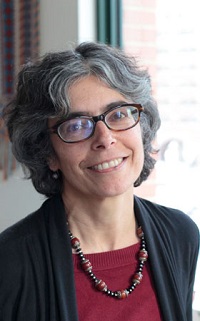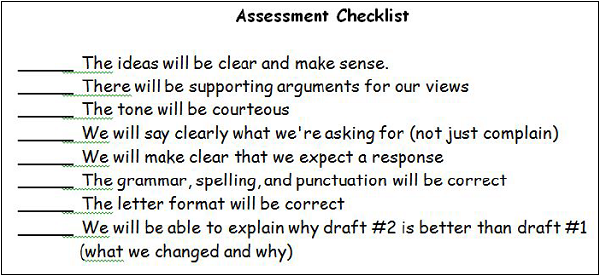- MN ABE Connect
- Archive
- Leading Students to Greater Understanding Through Formative Assessment
 May 14, 2018
May 14, 2018
Leading Students to Greater Understanding Through Formative Assessment
Patsy Egan, DirectorIn graduate school, I remember seeing in an upcoming course syllabus that assessment would be a major focus of the semester. I dreaded these discussions, as I disliked the topic, to be honest! I found it not nearly as interesting as talking about individual students, the curriculum I was using, instruction and classroom strategies, the materials I was using in class… Pretty much anything seemed more interesting than talking about assessment!
However, as I moved through the semester, I came to understand that when I was talking about the topics I LOVED (students, curriculum, teaching, textbooks), assessment was actually the thread running through ALL of them! When I was describing my immigrant and refugee students, I was usually talking about their inspiring progress and complex challenges. When I was talking about curriculum and textbooks, I was busily creating lists in my head of things to tweak and ways to supplement. When I was talking about teaching strategies, I was actively thinking about how to reach every student and how to harness the resources for learning they bring to the classroom.
 “Assessment” seemed like a dry topic to me at first, but I was misunderstanding its meaning. Ends up my favorite discussions were in fact ALL about assessment FOR learning. In a nutshell, this is formative assessment! By simply being more purposeful, I could use all this observation and thinking I was already doing to greatly benefit my students.
“Assessment” seemed like a dry topic to me at first, but I was misunderstanding its meaning. Ends up my favorite discussions were in fact ALL about assessment FOR learning. In a nutshell, this is formative assessment! By simply being more purposeful, I could use all this observation and thinking I was already doing to greatly benefit my students.
On May 1, Andy Nash of World Education and the New England Literacy Resource Center hosted a webinar for MN ABE. She defines formative assessment this way:
Formative assessment refers to the formal and the informal processes that teachers (and students) use to gather evidence of student learning for the purpose of improving that learning.
In the webinar, Andy gave a host of examples of how to collect this evidence in the classroom, including checklist, rubrics, and exit tickets. Here’s an example of a task and accompanying checklist.

In the webinar, Andy emphasized that planning instruction with clear, specific objectives is critical. Put in student-friendly language, these objectives become learning targets that form the basis for formative assessment choices in the classroom. The more purposeful we can be with our planning and articulate we can be with our objectives for units and lessons, the easier it is to assess student learning and improve instruction.
For me (and no doubt you too!), I love getting to know students, and I try hard to see things from their point of view to make instruction clearer and more effective. This is the challenge of teaching: to figure out what students are thinking during a lesson in order to guide that thinking in a new direction – one of greater understanding. Formative assessments helps us do just that!
I’ll close with one of my favorite quotes from Andy’s webinar, as it captures a shift in positionality for teachers that allows for deeper, more purposeful engagement with students and their learning:
Formative assessment generates information about student thinking, about if and how students are learning, and about what misunderstandings or misconceptions get in their way. It calls upon teachers to shift from listening evaluatively, e.g. is the student’s response right or wrong, to listening interpretively, e.g., what do the student responses suggest about their thinking that can be used to improve instruction?
Eager to hear the full webinar recording for more information and inspiration?
Additional resources
You can find the pre-reading Andy provided here: a research brief from our colleagues in the UK at the National Research and Development Centre for Adult Literacy, Language and Numeracy.
This article on formative assessment from Kristine Kelly in April 2018 gave important background to the topic and shared additional resources.
Newsletter Signup
Get MN ABE Connect—the official source for ABE events, activities, and resources!
Sign UpArticle Categories
- ABE Foundations/Staff Onboarding
- ACES/Transitions
- Adult Career Pathways
- Assessment
- CCR Standards
- Citizenship
- COVID-19
- Cultural Competency
- Digital Literacy/Northstar
- Disabilities
- Distance Learning/Education
- ELA
- Equity/Inclusion
- ESL
- HSE/Adult Diploma
- Listening
- Math/Numeracy
- Mental Health
- Minnesota ABE
- One-Room Schoolhouse/Multilevel
- Professional Development
- Program Management
- Reading
- Remote Instruction
- Science
- Social Studies
- Speaking/Conversation
- Support Services
- Teaching Strategies
- Technology
- Uncategorized
- Volunteers/Tutors
- Writing